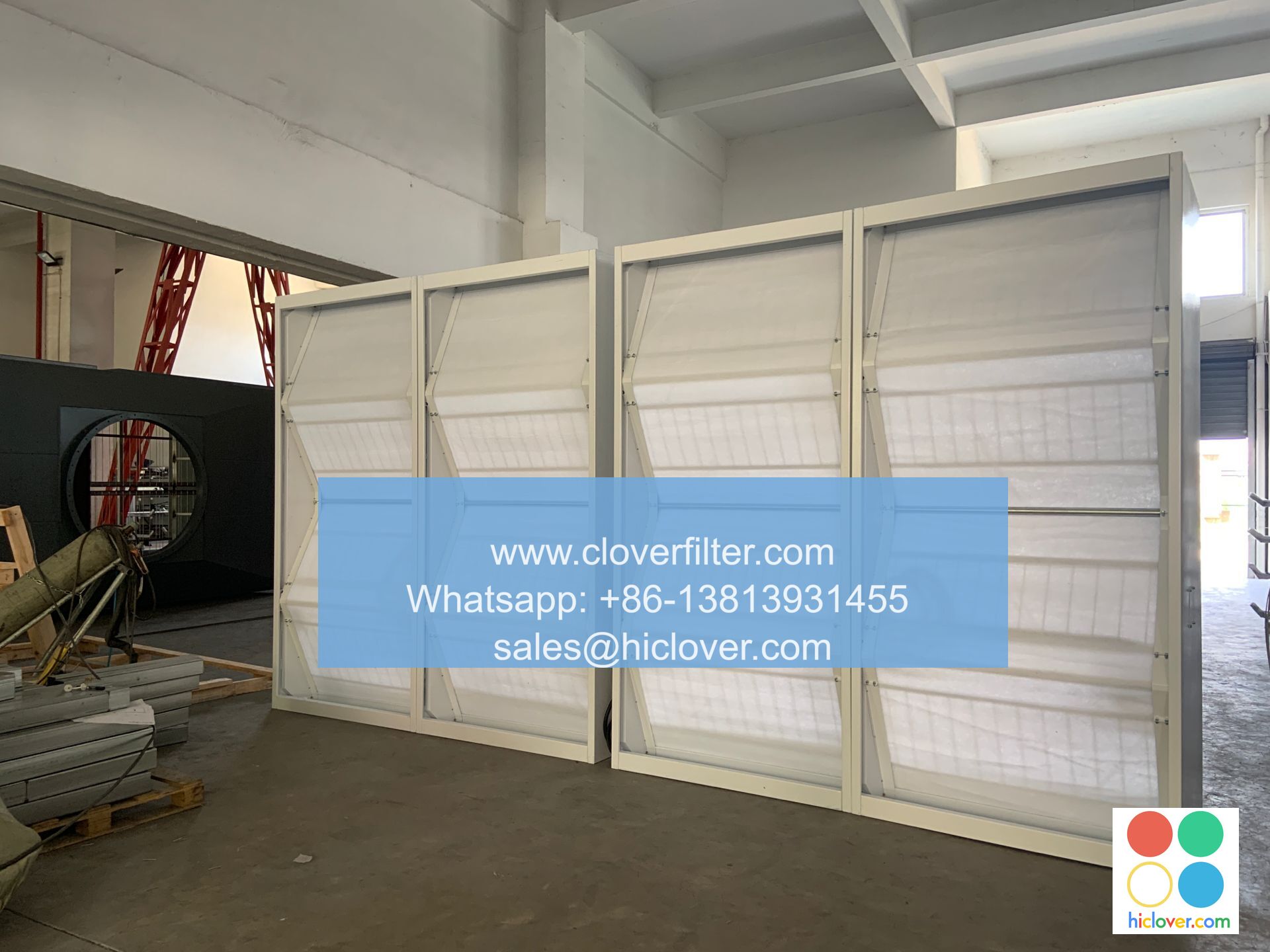The Importance of Proper Air Filter Installation

The Importance of Proper Air Filter Installation: A Guide to Cleaner and Healthier Air
Introduction
Air filters play a critical role in maintaining a healthy and clean indoor environment, especially in commercial and residential buildings. A properly installed air filter can significantly reduce allergens, pollutants, and other airborne contaminants, keeping the air fresh and clean. In this article, we will explore the importance of proper air filter installation and its benefits for different application areas.
Understanding the Role of Air Filters
Air filters are designed to capture airborne pollutants and contaminants, including dust, pollen, pet dander, and other particles as small as 0.3 microns. By doing so, they help to:
- Reduce Allergies and Asthma: By removing allergens and irritants from the air, air filters can significantly reduce the risk of respiratory issues and allergic reactions.
- Improve Indoor Air Quality: Clean air filters can improve indoor air quality, making it easier to breathe and creating a healthier environment for occupants.
- Prevent Damage to HVAC Systems: Dirty air filters can put a strain on heating, ventilation, and air conditioning (HVAC) systems, leading to reduced performance, increased energy consumption, and costly repairs.
- Vibrate and Squeak: Improper installation can cause the filter to vibrate and squeak, creating an unwanted noise that can be distracting and annoying.
- Block Airflow: A filter installed incorrectly can block airflow, causing poor indoor air quality and reducing the efficiency of HVAC systems.
- Increase Energy Consumption: A malfunctioning air filter can increase energy consumption by forcing HVAC systems to work harder, leading to higher utility bills.
- Choose the Right Filter: Select the correct filter type, size, and material for your specific HVAC system and application.
- Measure the Filter Slot: Ensure the filter is the correct size to fit securely in the air handling unit (AHU) or filter rack.
- Install the Filter Gently: Install the filter gently, ensuring it is securely fastened to prevent vibration and ensure proper airflow.
- Monitor and Maintain: Regularly inspect and maintain air filters to ensure optimal performance and extend their lifespan.
- Commercial Buildings: Office buildings, shopping centers, and restaurants require high-efficiency air filters to maintain a healthy and clean environment for occupants.
- Residential Homes: Homeowners can benefit from improved indoor air quality, reduced allergies, and lower energy bills by installing proper air filters.
- Industrial Environments: Factories, warehouses, and laboratories require specialized air filters to meet specific industry standards and ensure a safe working environment.
- Healthcare Facilities: Hospitals, clinics, and nursing homes require high-efficiency air filters to reduce the risk of airborne pathogens and infections.
Why Proper Installation Matters
Proper installation is crucial to ensure that air filters function effectively. A poorly installed air filter can:
Best Practices for Proper Air Filter Installation
To ensure optimal performance, follow these best practices for installing air filters:
Application Areas for Proper Air Filter Installation
Proper air filter installation is crucial for various application areas, including:
In conclusion, proper air filter installation is vital for maintaining a clean and healthy indoor environment, improving air quality, and reducing the risk of allergies and asthma. By following best practices and choosing the right filter for your specific application area, you can enjoy a cleaner, healthier, and more productive space.
I’m happy to help! What would you like to talk about or ask?

